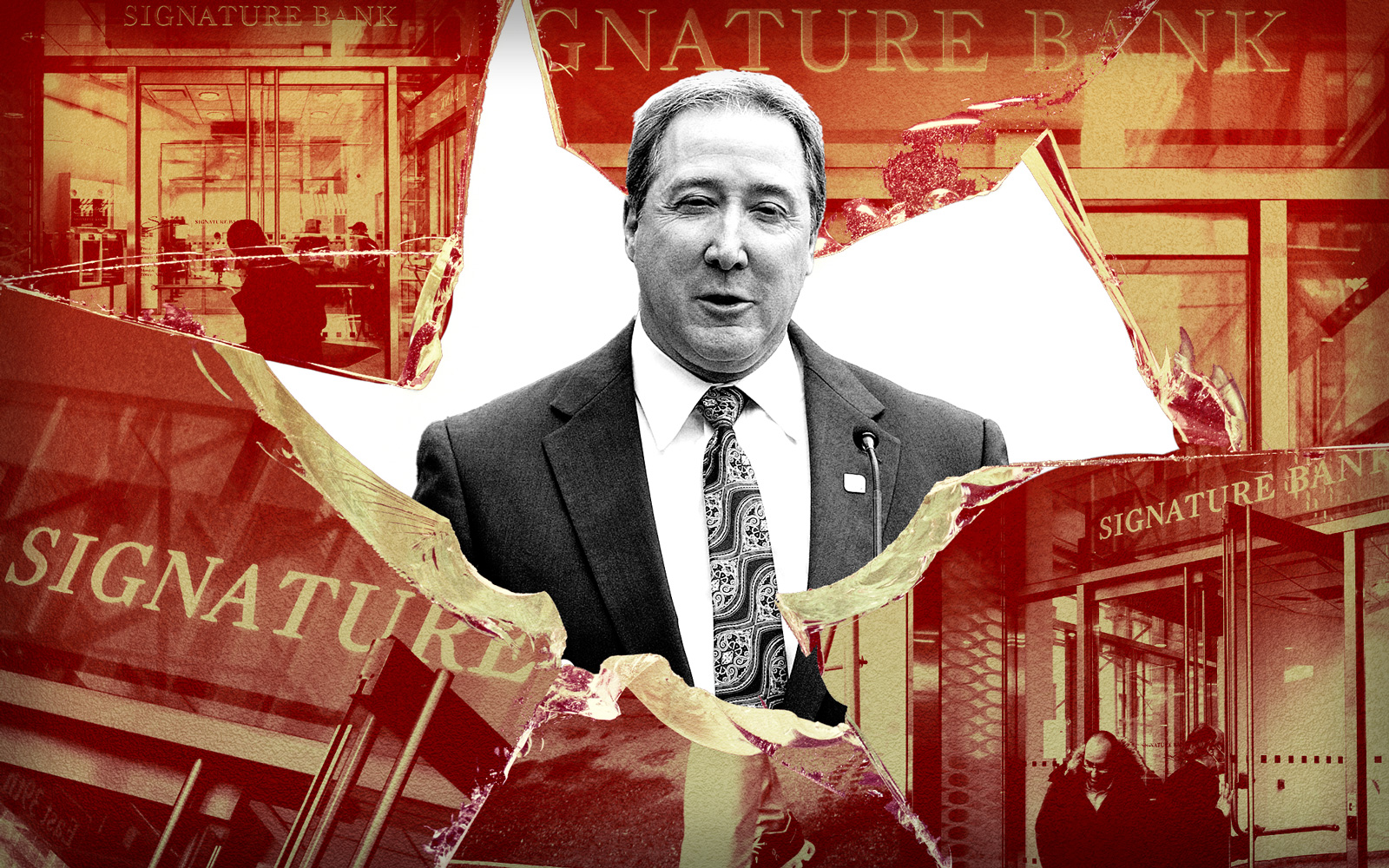Once a darling in the tech industry, Silicon Valley Bank was used by many up-and-coming tech firms to provide assurance to office landlords that these firms could make their monthly rent.
That assurance — provided in the form of letters of credit — is now up in the air, according to attorneys and landlords with exposure to tenants who had guarantees from SVB. Letters of credit are often used by commercial tenants as security deposits, and allow landlords to draw money from the bank if a tenant cannot pay rent.
After California regulators shut down SVB’s operations last Friday and appointed the Federal Deposit Insurance Corp. to sell off its assets, attorneys rushed to advise clients to replace any letters of credit issued by SVB.
In the case of a bank’s failure, the FDIC can choose to void the letters of credit. If that happens, landlords will have no recourse to withdraw payments if a tenant does not pay rent.
“They can absolutely reject it,” attorney Tony Natsis with the firm Allen Matkins said. “If it’s void, landlords can’t draw on anything.”
The FDIC, Treasury Department and Federal Reserve on Sunday said “certain unsecured debtholders” of SVB would not be protected like depositors, who regained access to funds held in SVB this week.
SVB had $3.6 billion in standby letters of credit — commitments to pay in the event of a default — at the end of 2022, according to the bank’s annual report, though it’s unclear how much of that was for real estate.
While the FDIC has not yet decided if it’s going to honor letters of credit, it has rejected them before. After the 2008 financial crisis, the FDIC said it would “not honor letters of credit issued by banks which have been placed in receivership,” Natsis wrote in a research note in 2009.
For now, lawyers are exercising caution, advising landlords to consider themselves unprotected.
“If you are holding a letter of credit issued by SVB, you are an unsecured creditor of the bank,” Buchalter attorney Manual Fishman wrote in a note on Monday.
Hudson Pacific Properties, an office and studio landlord based in Los Angeles, said 11 of its tenants have letters of credit issued by SVB, according to a Tuesday filing with the Securities & Exchange Commission. Together, those 11 tenants occupy about 2 percent of the firm’s office footprint, coming out to about 318,000 square feet.
The firm said it was working to help tenants obtain new letters of credit.
Pasadena-based Alexandria Real Estate Equities also disclosed it has a number of tenants who provided SVB-issued guarantees, which Alexandria accepts in place of security deposits. Together, the letters of credit are worth about $108 million, the firm said in an SEC filing, adding it was also working to replace these guarantees with “another acceptable security deposit.”
Over the last few days, a number of publicly listed startups have disclosed letters of credit they held with SVB.
Sonder, a short-term rentals start-up based in San Francisco, disclosed in a Friday SEC filing that it held letters of credit with SVB, worth a total of $13 million.
Attorneys are telling landlords with tenants holding letters of credit from Signature Bank — which was shuttered on Sunday by New York regulators — the same thing.
“We’re going to them and saying if you’ve got a letter of credit with Signature, you need to replace that,” attorney Eric Orenstein with the firm Rosenberg & Estis told TRD earlier this week.
Read more



